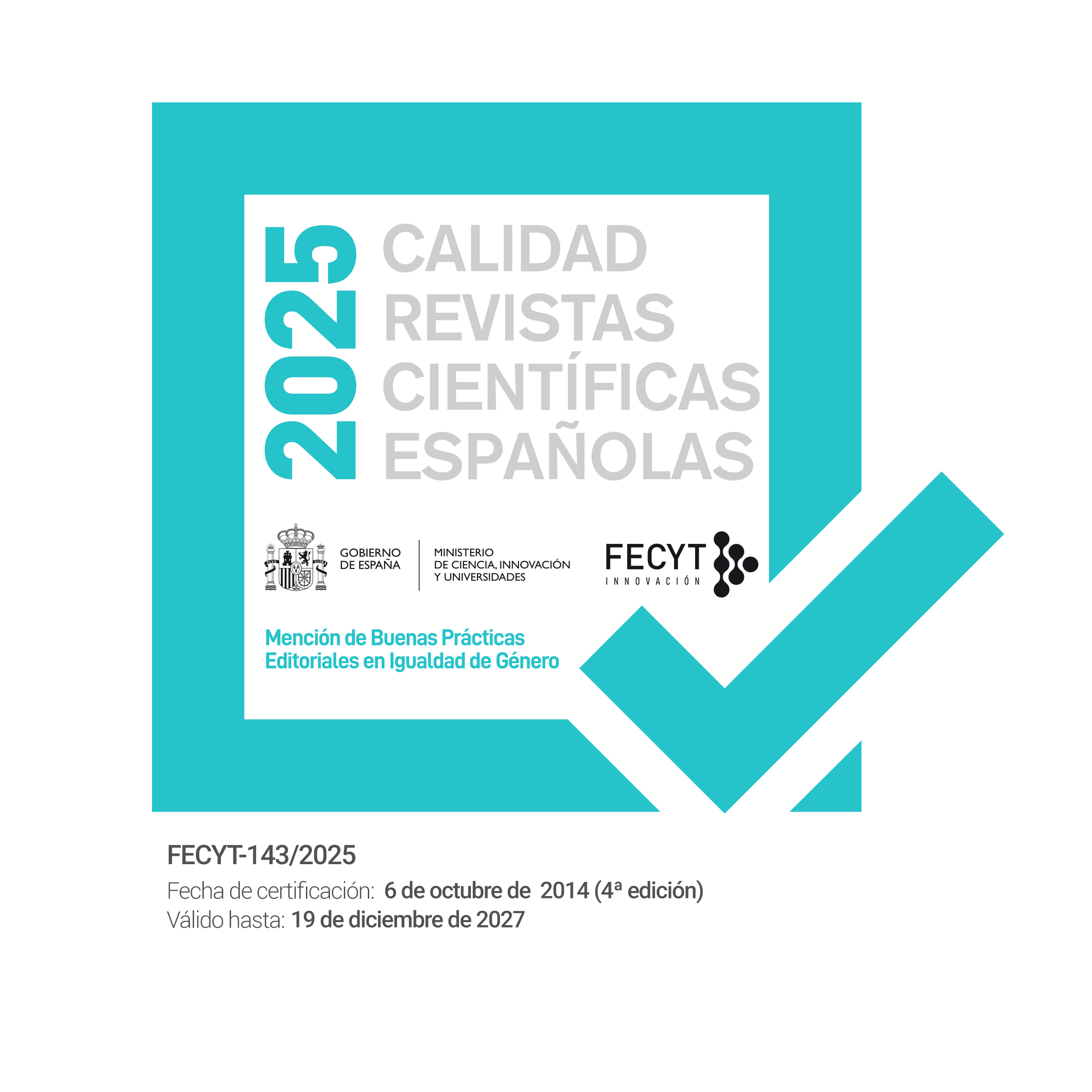UNA APROXIMACIÓN PRAGMÁTICA AL USO DE ANGLICISMOS EN EL DERECHO ESPAÑOL
Keywords:
anglicismos, préstamo, derecho mercantil, derecho internacional, derecho económicoAbstract
Abstract
Spanish jurists have inveterately seemed prone to the use of foreign terms to wrap up the most commonplace concepts of their discipline. If the usage of Latin aphorisms such as `rebus sic stantibus´ or `in dubio pro reo´, household words for jurisconsults, could be amply justified by the Latin roots of Spanish law, there is no such explanation for the recent proliferation of anglicisms, of which legal experts avail themselves notwithstanding the fact that these borrowings could easily be replaced by their existent Spanish equivalents. The tendency is particularly common in legal expressions relating to economics, business transactions and international relationships, undoubtedly favoured by the twofold evidence of the foundational English coinage of some of these concepts and contractual figures and the ever-increasing status of English as lingua franca. Spanish legislation explicitly recommends the usage of vernacular vocables when they can be found effortlesly: thus, “arrendamiento financiero” instead of “leasing” and “franquicia” in lieu of “franchising”, but jurists seem reluctant to do so. We hazard a pragmatic interpretation of the inferential kind for this phenomenon: the introduction of anglicisms in legal speech adds to it a cryptic component of high cultural standard and cosmopolitan outlook on the part of the speaker that contributes greatly to his/her prestige.
Downloads
Downloads
How to Cite
Issue
Section
License
El Grupo de Investigación “La lengua inglesa en el ámbito universitario” HUM-397 conserva los derechos de copyright de los artículos publicados y permite la reutilización de los mismos bajo licencia Creative Commons: Creative Commons Atribución-NoComercial-SinDerivar 4.0 Internacional: se pueden copiar, usar, difundir, transmitir y exponer públicamente los artículos mencionados, siempre que (a) se cite la autoría y la fuente original de su publicación, (b) no se usen para fines comerciales, (c) no se creen obras derivadas mediante su transformación, (d) se mencione la existencia y especificaciones de esta licencia de uso.








